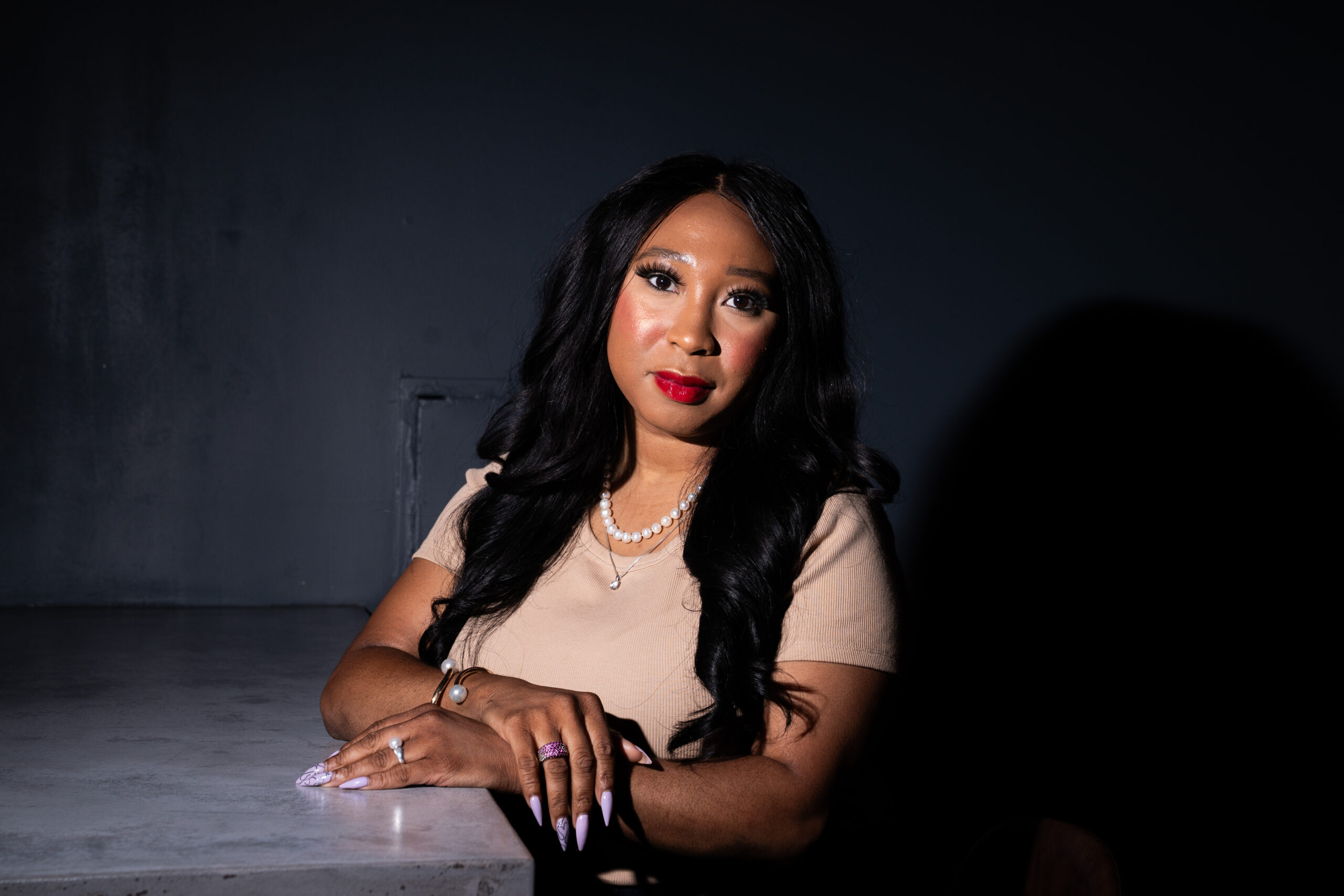After Minnesota shootings, young lawmakers ask: Is it worth it?
June 28, 2025
By Anna Liss-Roy | The Washington Post
In an era where safety precautions and online abuse are often part of the job, young American lawmakers wonder if politics is just too dangerous as a career.
Greg Scott entered elected office in Pennsylvania at 28, full of optimism. Ten years later, he’s full of fear.
A stalker left a dummy with a noose and racial slurs hanging above his parking spot. He’s received threatening emails and social media posts. And he’s watched with horror as fellow elected officials have been attacked and killed.
At 38, he is contemplating leaving politics altogether.
And it’s not just him.
Abusive messages, fear of physical violence and violations of privacy are the cost of elected office in the United States in 2025, according to nine Gen Z and millennial state lawmakers interviewed by The Washington Post. Democrats and Republicans who represent districts in a range of states recounted terrifying instances of threats and abuse while in office that have forced painful conversations with partners, put neighbors on edge and stoked fears for their safety.
The shooting that this month took the lives of Minnesota state Rep. Melissa Hortman and her husband, Mark, and injured another state lawmaker and his wife, has only further shaken a rising generation of lawmakers. Already exhausted by threats, polarization and online harassment, some are wondering: Is it worth it?
“I would not be surprised if we have record turnover in this next election,” Scott said.
This week, Scott and a group of lawmakers who are 45 and younger, from more than 30 states, are gathering for Future Summit, an annual event that aims to strengthen bipartisan cooperation among the country’s youngest state lawmakers.
At Five Iron Golf in D.C., lawmakers talked, snapped photos and circulated with drinks. But security guards, who escorted them from their hotel, stood as a physical reminder of the fear and stress of the past couple of weeks.

One of the lawmakers at this week’s summit is Tory Marie Blew, a Republican state senator representing a rural district in Kansas. Blew had just woken up when she saw a message about the shootings. Her 1-year-old daughter raced around the bed as Blew read the news of a mother in state politics — just like her — shot to death.
Blew ran for office at 23, ascended to leadership in the state House, then won her state Senate seat. When she was younger, she wanted to see how far her political career could go — maybe even run for Congress. Now, fears about safety are causing her to question the sacrifices that her political office requires.
In 2023, Blew was among a group of Kansas state lawmakers who received envelopes in the mail with white powder inside, triggering an FBI investigation. She and her husband bought a Ring video doorbell.
After the Minnesota shooting, she and her husband are talking about adding a gun safe to their house. “This is making me reevaluate everything,” Blew said.
Though they are less known than politicians in Washington, state lawmakers are often accessible — and potentially vulnerable — in their communities. Their addresses and cellphone numbers, for instance, are often available online. According to a 2024 report from the Brennan Center for Justice at New York University, almost half of the state lawmakers surveyed had experienced threats or attacks in recent years.
Tiara Mack, a Democratic state senator in Rhode Island, is no stranger to death threats. At 31, she’s the youngest person in her chamber. She’s Black, openly queer, has tattoos and is active on social media.

When Mack introduced bills relating to sex education and LGBTQ+ issues, she experienced intense online harassment, she said. A video she shared online of herself twerking to support abortion rights also kicked off a wave of attacks. The floor plans for her apartment were posted online. So was her address. Racist messages and threats swarmed her email and social media. Her mental health declined.
“I wouldn’t wish being in elected office on my worst enemy,” Mack said.
She’s not backing down, at least for now. But the threats have changed how she views the trajectory of her political career.
“I don’t think I’ll ever run for governor. I don’t think I’ll run for Congress. I don’t think I will ever see myself going to a statewide seat — because I know the emotional and mental toll,” Mack said.
When she hosts meetings, she no longer sends the location until people RSVP. She avoids crowds, and when she has to attend large events, she makes sure she knows where the exits and safety teams are located.
Other lawmakers echo her in saying they are taking more precautions. They are installing home security systems and increasing safety measures for events. Some carry firearms, or have them easily accessible. They are asking for their publicly listed addresses to be taken down. The more vocal and visible that lawmakers are on social media — the more they engage with controversial topics — the more of a target they say they become.
“It really does make you just want to be like, ‘Why am I doing this?’” said Aaron Pilkington, a Republican state representative in Arkansas. “Why would I put my family at risk over this?”

Pilkington, who was first elected at 25, said that in less than a decade in office he’s experienced terrifying incidents such as receiving alarming letters in the mail and having someone threaten to show up at his home. He toned down his presence on social media because the backlash was too intense.
“You wake up with a level of anxiety every day,” said Ajay Pittman, a Democratic state representative in Oklahoma who first ran at 24. Since being elected, she’s started taking anxiety medicine. She also says she has a Glock 9mm pistol, just in case.

Greg Scott, in Pennsylvania, is now a father with another baby due in August. After the killings in Minnesota, he and his team agonized over whether — and how — to hold events on his schedule.
He’s tired of telling his son he can’t have friends over and going out to restaurants to meet people instead of hosting them at home. The shootings made his worst nightmare feel that much closer, and Scott couldn’t help but notice parallels: His state, too, has a narrow partisan split in the legislature. Right now, in his chamber, his party holds a one-seat majority.
“It is really, really hard just to do the job,” Scott said. “When you add on this level of security and safety, my wife is looking at me like, ‘Yeah. We’re done. You’ve got to go.’”






Join 1,900+ BIPARTISAN LEADERS NATIONWIDE
Be a part of a network of lawmakers committed to governing effectively, passing more representative public policy, and increasing public trust in democracy.